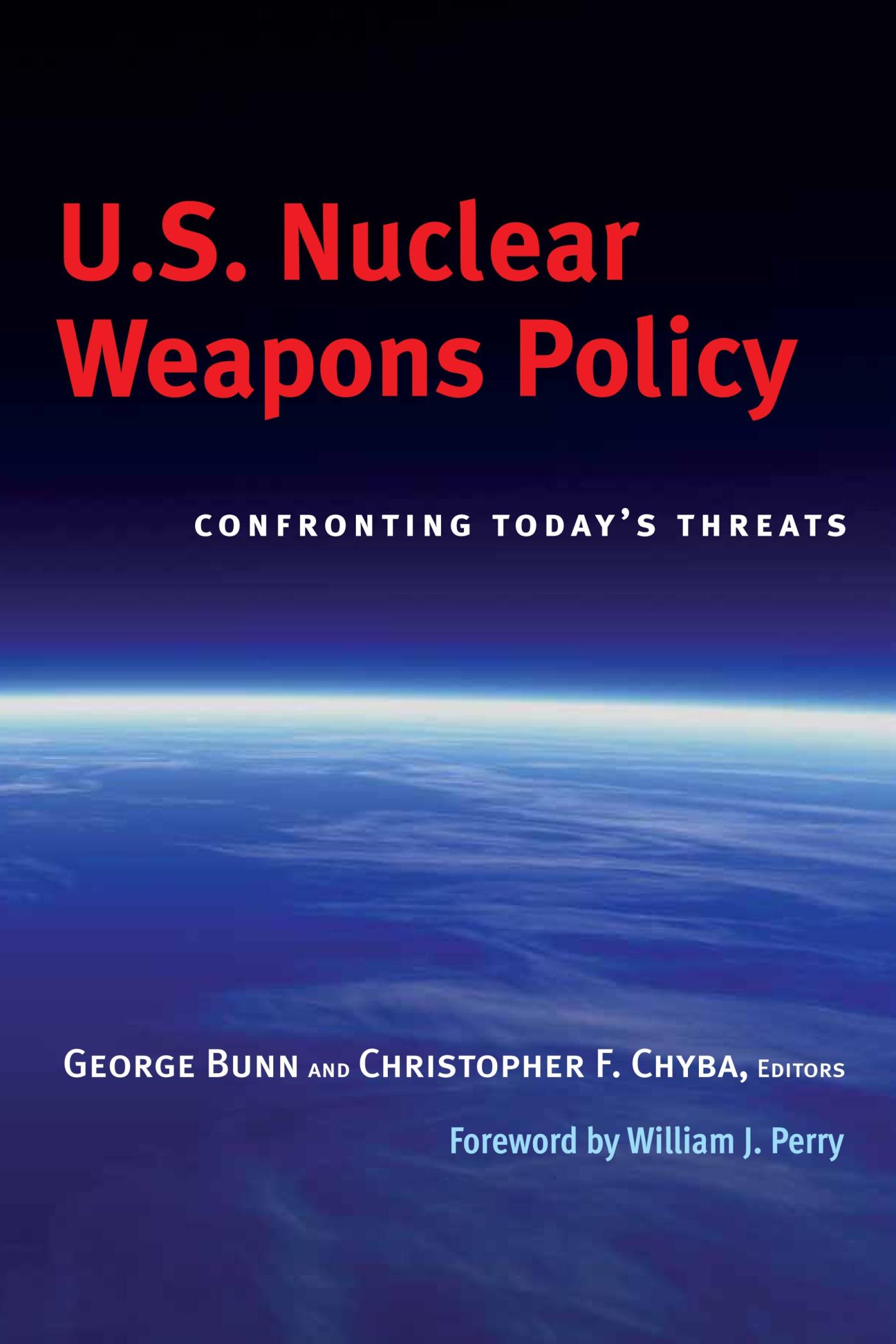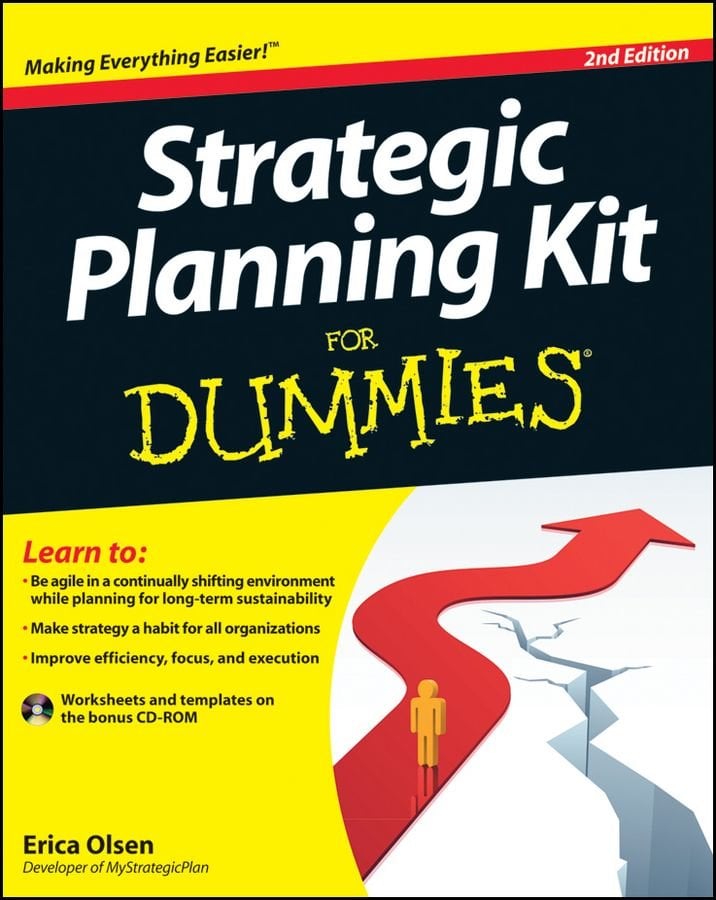A Brookings Institution Press and the Center for International Security and Cooperation publication What role should nuclear weapons play in today’s world? How can the United States promote international security while safeguarding its own interests? U.S. Nuclear Weapons Policy informs this debate with an analysis of current nuclear weapons policies and strategies, including those for deterring, preventing, or preempting nuclear attack; preventing further proliferation, to nations and terrorists; modifying weapons designs; and revising the U.S. nuclear posture. Presidents Bush and Clinton made major changes in U.S. policy after the Cold War, and George W. Bush’s administration made further, more radical changes after 9/11. Leaked portions of 2001’s Nuclear Posture Review, for example, described more aggressive possible uses for nuclear weapons. This important volume examines the significance of such changes and suggests a way forward for U.S. policy, emphasizing stronger security of nuclear weapons and materials, international compliance with nonproliferation obligations, attention to the demand side of proliferation, and reduced reliance on nuclear weapons in U.S. foreign policy.












